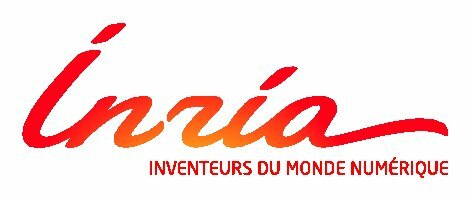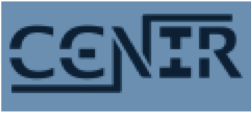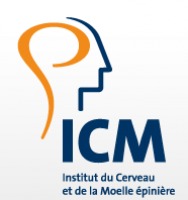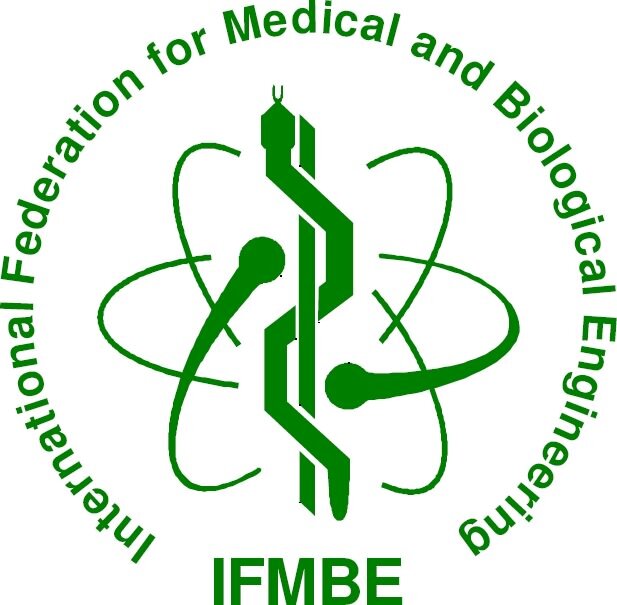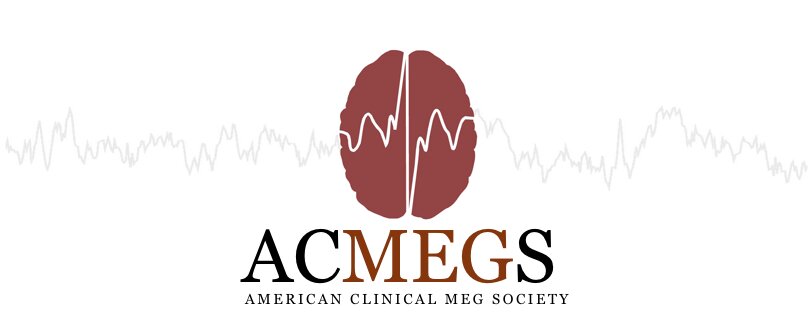Satellite Meetings
The BioMag 2012 Satellite meetings will be held on August 25th, 26th, 30th and 31st.
Please contact directly the organizers of each event for any question concerning their Satellite Meeting
Emails and web site links will be posted shortly for each event
Emerging MEG applications in TBI, stroke, AD, autism and pain: Advances in networks and connectivity
Chairs: Ryan C.N. D’Arcy and Margot Taylor
Sponsor: Elekta Neuromag and Elekta Atlantic
Details and registration:
Location: The satellite event will take place at the new Brain Institute at Hôpital Pitié-Salpêtrière (ICM) in Paris, on Saturday the 25th, August 2012, from 9 am to 6 pm.
Description: This Biomag 2012 Satellite Event is planned for a full day. There are five key disease themes: traumatic brain injury (TBI), stroke, Alzheimer’s disease (AD), autism spectrum disorder (ASD), and pain. The two cross-cutting themes relate to MEG strengths and advances in imaging of neural networks and functional connectivity.
Instructors: Dr. Ryan D’Arcy, Halifax, Canada (Chair), Dr. Margot Taylor, Toronto Canada (Chair), Dr. Tim Bardouille, Halifax, Canada , Dr. Bruce Dick, Edmonton, Alberta, Dr. Jyrki Makela, Helsinki, Finland, Dr. Mingxiong Huang, San Diego, USA, Dr. Timothy Roberts, Philadelphia, USA, Dr. Bob van Dijk, Amsterdam, Netherlands
Workshop Objectives:
1. to highlight emerging clinical applications beyond traditional ones (e.g., epilepsy and presurgical mapping);
2. to foster the utilization and development of network and connectivity approaches as a MEG technology advantage; and
3. to identify common challenges to overcome in order to integrate emerging applications into best clinical practices. These challenges include:
a. diagnostic biomarkers,
b. clinical evaluation, and
c. therapeutic monitoring for recovery/rehabilitation.
Studying the brain as a network using MEG: practical considerations
Chairs: Ole Jensen (Donders Institute for Brain, Cognition and Behavior. Radboud University. Nijmegen, The Netherlands), Sarang Dalal (University of Konstanz, Germany) and Johanna Zumer (Donders Institute for Brain, Cognition and Behavior. Radboud University. Nijmegen, The Netherlands)
Details and registration:
Location: The satellite event will take place at the new Brain Institute at Hôpital Pitié-Salpêtrière (ICM) in Paris, on Saturday the 25th, August 2012, from 9 am to 6 pm.
Description: It is becoming increasingly important to study the working brain as network both in cognitive and clinical neuroscience. MEG provides an excellent opportunity to study the functional interactions between various brain regions. There are now multiple approaches and tools available for doing this. The aim of the proposed workshop is to elucidate practical approaches for studying brain connectivity using MEG. This will be done by a set of presentations in which basics of connectivity and source space analysis are introduced. Then follows presentations by various toolbox developers. The toolbox presenters will be asked to 1) outline conceptually the types of connectivity approaches their toolboxes allow for and 2) describe how it practically can be done. Finally we will discuss how various connectivity measures can be tested using standardized data sets.
Advances in Source Space Functional Analysis of MEG/EEG data
Chairs: Srikantan S. Nagarajan (Biomagnetic Imaging Laboratory, University of California, San Francisco, USA) and Kensuke Sekihara (Department of Systems Design & Engineering, Tokyo Metropolitan University, Tokyo, Japan)
Details and registration:
; Phone/Fax
; Phone
Location: The satellite event will take place at the new Brain Institute at Hôpital Pitié-Salpêtrière (ICM) in Paris, on Sunday the 26th, August 2012, from 9 am to 3 pm.
Description: Estimating the functional connectivity between activated brain regions continues to remain a significant problem in field of electromagnetic brain imaging. Many new methods are constantly being developed to reconstruct the functional coupling between activity patterns across brain regions from MEG and EEG data. Some of these advances include novel bivariate and multivariate metrics of non-directional and directional coupling, model-free versus model-based estimates, non-parametric versus Bayesian methods etc. The aim of this satellite workshop is to provide MEG researchers an opportunity to exchange ideas and discuss their preliminary results/work-in-progress investigations about novel analytical methods for functional connectivity analysis in a very friendly informal atmosphere.
Brainstorm Community Workshop & Clinic
Chairs: Sylvain Baillet, PhD & Francois Tadel (MEG real Neurological Institute - McGill University - Montreal, Canada)
Details and registration: Satellite web site ---
Location (NEW VENUE): The satellite event will take place at SupTelecom-ParisTech in Paris, on friday the 31st, August 2012, from 9 am to 6 pm.
Description: Academic software applications for MEG and EEG data analysis have grown considerably over the past decade, reaching to an increasing number of users and achieving higher degrees of sophistication (Baillet et al., 2011). Brainstorm is a software project that is entering its second decade of development and distribution, with an open-source and free-of-charge policy (Tadel et al., 2011, and neuroimage.usc.edu/brainstorm). Brainstorm's website statistics indicate than more 4000 users have downloaded the software code or executable packages (which does not require a Matlab license), with 500 registered active users, accessing the software updates on a regular basis. Brainstorm's user community is growing rapidly and features a great variety of research areas in MEG and EEG. We believe Brainstorm is serving well its users, in terms of facility and convenience of utilization and improvements in productivity and reproducibility of their research output. More than 90 journal articles feature results obtained using Brainstorm. The software is now featuring new elements for scripting large batches of data workflows (automated analysis pipelines, group analyses, etc.) and which let users plug in their own processes for data analysis. As the user community is growing in size and diversity, and as its contributions to the application are facilitated, it is timely to gather some of Brainstorm's users to feature their most exciting and cutting-edge usage of the software and communicate the essential elements of the application to other researchers. This workshop and clinic will feature both oral communications from Brainstorm users and a hands-on training course. We anticipate it will be a unique opportunity for the Biomag community to provide feedback on the software, to help its developers improve and provide new features, and to carry in-depth insight about current and future developments to new users.
Educational course on DCM for fMRI and EEG/MEG data
Chairs: J. Daunizeau (‘Motivation, Brain and behaviour’ at the Brain and Sine Institute (ICM), Paris, France.) and J. Mattout (Lyon Neuroscience Research Center, DYCOG Team)
Details and registration:
Contact:
Location: The satellite event will take place at the new Brain Institute at Hôpital Pitié-Salpêtrière (ICM) in Paris, on thursday the 30th, from 3 to 6 pm and on friday the 31st, August 2012, from 9 am to 6 pm.
Description: During the past decade, human brain mapping research has undergone a paradigm switch. In addition to localizing brain regions that encode specific sensory, motor or cognitive processes, neuroimaging data is nowadays further exploited to understand how information is transmitted through brain networks. The ambition here is to ask questions such as: “what is the nature of the information that region A passes on to region B”?
Such analysis of brain imaging data relies on advanced mathematical techniques that allow researchers to characterize brain organization. This involves creating models of how the brain is wired and how it responds in different situations. These models are used to interpret measured brain responses using e.g., functional Magnetic Resonance Imaging (fMRI) or magnetoencephalography (MEG).
These ideas are at the core of Dynamic Causal Modelling (DCM), which allows for the formal (Bayesian) statistical analysis of large-scale network connectivity based upon realistic biophysical models of brain responses. DCM is part of the academic freeware called Statistical Parametric Mapping (SPM: http://www.fil.ion.ucl.ac.uk/spm/), which is now being developed since more than two decades under the direction of Prof. K. Friston (UCL, London, UK). No other existing software package is endowed with such functionalities so far.
The DCM course will touch on virtually all aspects of brain connectivity analysis, from experimental design issues to the probabilistic comparison of models of brain dynamics through preprocessing and statistical testing of experimental effects. In brief, workshop attendees will acquire both theoretical knowledge and practical knowhow required to address the experimental identification of functional integration among brain regions from fMRI or EEG/MEG data.
© Biomag 2012 |

